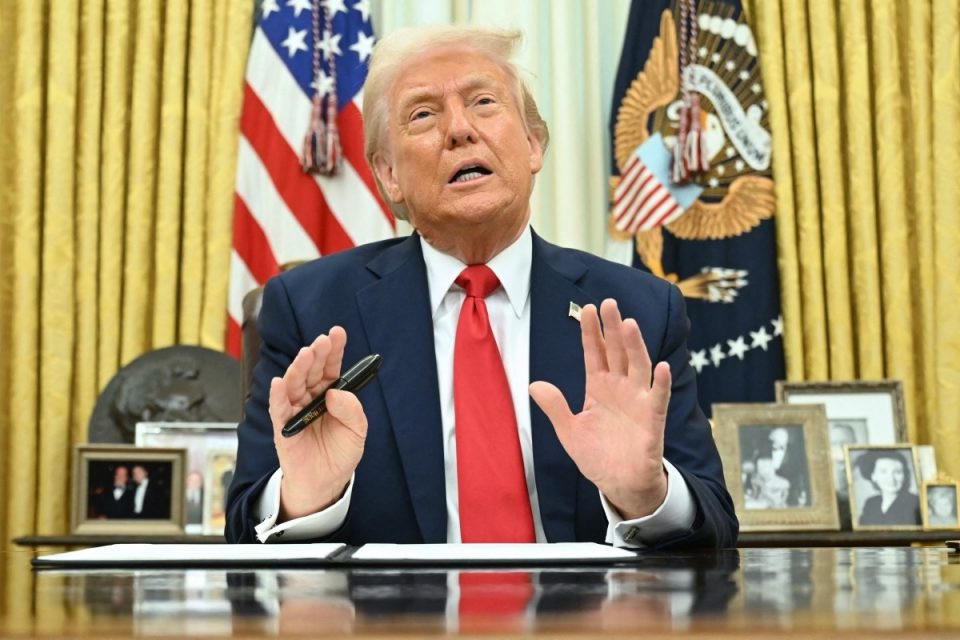U.S. President Donald Trump has recently enacted a 14% tariff on Nigerian exports to the United States, a decision that has raised concerns both in Nigeria and the international trade community. The new tariff applies to a variety of goods, including Nigeria’s primary exports like oil, agricultural products, and textiles. The move is part of a broader strategy by the Trump administration to address trade imbalances and reduce the U.S. trade deficit with Nigeria. While the tariff aims to boost U.S. industries, it poses significant challenges for Nigerian exporters who rely heavily on the U.S. market.
The imposition of the tariff is expected to increase the cost of Nigerian goods in the U.S., making them less competitive compared to products from other countries. This shift could lead to a reduction in Nigerian exports, which would have a direct impact on the country’s economy, particularly in sectors like oil and agriculture. The U.S. has historically been one of Nigeria’s largest trading partners, and the new tariff threatens to erode the country’s access to this vital market, potentially resulting in a loss of jobs and income for local businesses.
Nigerian leaders have expressed frustration over the tariff, arguing that it will exacerbate existing economic challenges. Nigerian industries, already grappling with high production costs, infrastructure deficits, and limited market access, will find it harder to compete with other global exporters. The country’s agricultural sector, which has seen steady growth in recent years, may also suffer as U.S. consumers turn to cheaper alternatives from other countries not subject to the new tariff.
In response to the tariff, Nigerian officials are exploring alternative markets and trade partnerships to mitigate the effects on the economy. The government has called for negotiations with the U.S. to resolve the dispute, while also pushing for policies that encourage diversification of exports and reduce the nation’s dependence on any single trading partner. However, until these efforts bear fruit, Nigerian businesses may face an uphill battle as they attempt to navigate the financial strain caused by the new U.S. tariff.





